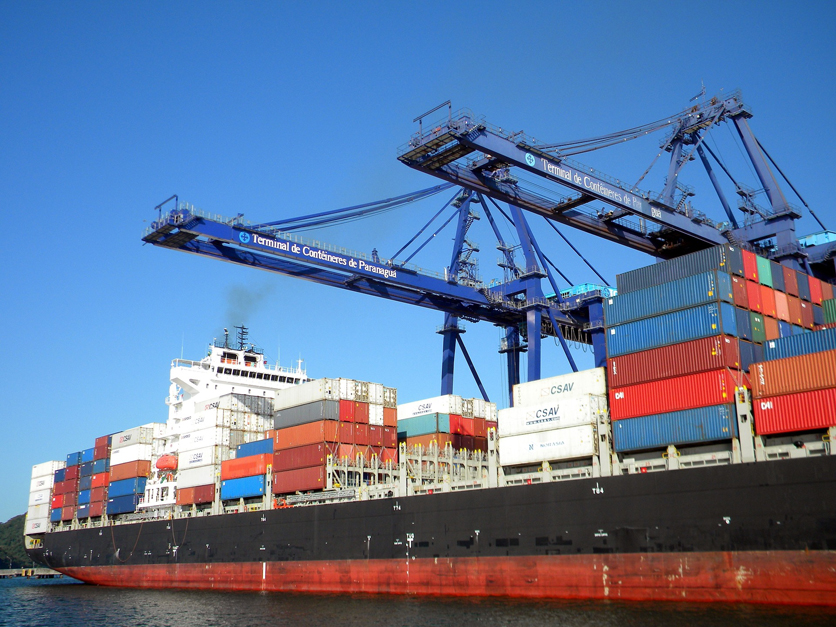Several shipments of U.S. chicken on their way to China are being diverted to South Korea and Hong Kong because of the disruption at Chinese ports as the country tries to contain the spread of the coronavirus, according to the USA Poultry and Egg Export Council.
The port troubles are a setback for the U.S. poultry sector, which was recently cheering China’s decision in November to lift its ban. The first shipments of U.S. poultry to China in five years arrived in China in December and trade quickly picked up pace.
USAPEEC was predicting that the lifting of the Chinese ban would increase U.S. sales by $835 million per year. The group's president, Jim Sumner, on Wednesday told Agri-Pulse of the trade diversions.
It’s a situation that could get worse, but it has already affected China’s ability to export, import and transport goods to and from port terminals, according to the Agriculture Transportation Coalition.
Interested in more coverage and insights? Receive a free month of Agri-Pulse or Agri-Pulse West by clicking here.
“Within China, the supply chain has been compromised, starting at the China marine terminals extending all the way to the ultimate inland destination points,” said ATC Executive Director Peter Friedmann. “The supply chain disruption has crossed the Pacific and is evident at US marine terminals, and inland.”
It’s unclear how big of an impact the spread of the coronavirus will have on China’s pledge to increase purchases of U.S. commodities, but Treasury Secretary Steven Mnuchin told lawmakers Wednesday that implementation of the deal “has slowed down given the virus, as expected.” He said that another two to four weeks of data would be needed to fully assess the impact of the epidemic on the Chinese economy.
Friedmann said that soon China-bound shipments may be cut off in the U.S. because of a shortage of containers that are stuck in China or elsewhere.
“China's production of consumer goods (apparel, footwear, electronics) and industrial products had slowed due to factory shutdowns related to controlling the coronavirus,” he said. “Thus, even if China customers wish to buy US agriculture, there is an emerging threat of a shortage of ocean carrier capacity to timely take our exports back to China on what would ordinarily be the "backhaul" of a roundtrip ocean voyage.”


